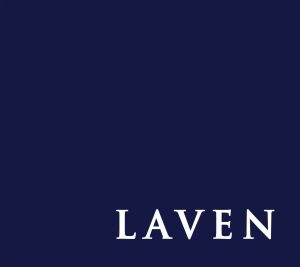On February 17th 2009, the U.S. Securities and Exchange Commission (SEC) charged R. Allen Stanford for allegedly running a multi-billion dollar ponzi scheme over the course of 20 years. The charge related to Stanford’s companies defrauding investors through the sale of Certificates of Deposits (CDs), promising “improbable and unsubstantiated high interest rates” as was reported on the SEC’s complaint document.
As the Stanford case recently got underway in the US Courts, news emanating from the trial already seem just too familiar; a story of greed, investor defrauding and the obstruction of regulatory probes. On closer inspection of the case however, the methods used by Stanford to keep the SEC from knocking on Stanford Financial’s door, bring another dimension to the ‘art’ of obscuring regulators’, and more importantly investors’ visions.
It is alleged – as reported by Reuters – that Stanford had obtained legal advice regarding ways to overcome SEC inspections, by hiring up to eight former senior regulatory and law-enforcement officials from both the U.S. and abroad. According to the article it is probable that, in light of the advice received from these individuals, the Stanford group of companies was able to get around potential investigations by the SEC for years.
Coupled with the frequent revelations of insider-trading cases globally, such allegations continue to highlight the fact that operational due diligence, amidst ever-evolving financial fraud, must feature as a prerequisite for investing not only in hedge funds, but any type of investment vehicle.




